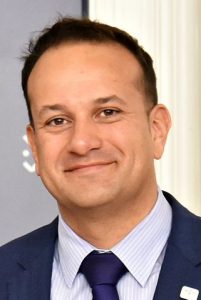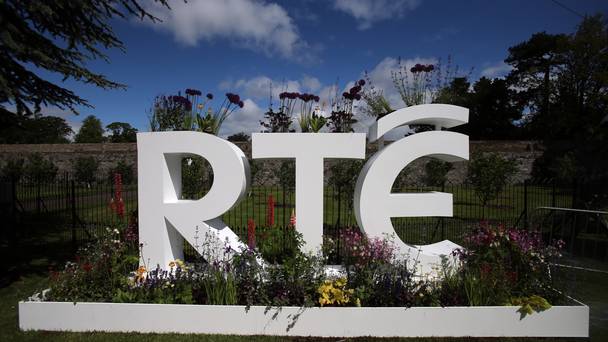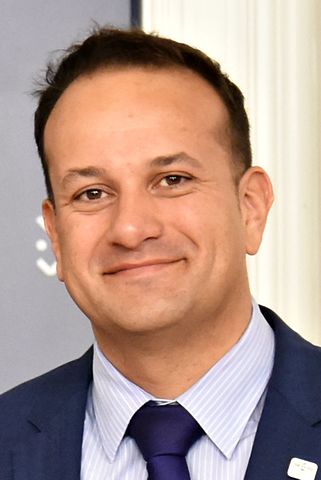
Over the past few weeks we have witnessed a great deal of fanfare surrounding the appointment of our new Taoiseach Leo Varadkar. Amongst his supporters in Fine Gael there has been a feeling of excitement at something new, of great change within the party. This was to be a fresh start made by a progressive, modern man.
Yesterday, however, we learned that Leo, for all the trumpeting, is very much bringing more of the same. Less of the same, in fact, when you do the maths. Having finalised his Ministerial and Junior Ministerial appointments, Leo has carried on the legacy of a top table dominated by middle aged men.
Of the 33 people appointed to senior Oireachtas positions, women account for a measly seven. While the number sitting at cabinet remains the same – 4 – as under Enda’s reign, there has been a reduction in the number of Junior Ministers from 4 to 2. Admittedly, there is now a Super Junior role held by a woman, Mary Mitchell O’Connor, but the overall number of women in senior positions has reduced since the last government make-up with the demotion of Marcella Corcoran Kennedy.
Our new Taoiseach has built a team that is reflective of old attitudes. Varadkar made five new appointments today, all of which, with contemptible inevitability, were male. Leo’s rallying cry for the creation of a “Republic of Opportunity” is obviously not applicable to his own appointments.
Yes, Ministerial appointments must be based on ability. But there are plenty of women in Varadkar’s party who are equally competent as the men he has chosen. Yet he decided to promote none of them. In fact, he went so far as to demote one.
It is not good enough that of all our Ministers only 21% are female. Time and again we have seen that a diversity of voices and experience in the decision making process has a positive result. Policies are most thoroughly thought through when judged through different perspectives. A room full of intelligent, competent people making decisions is no good if they are homogeneous.
In countries where gender parity in government and parliament has been achieved, there have been distinct and positive changes in legislative outcomes. Research has shown that when women reach a critical mass in government or parliament, their participation can be socially transformative. The more women in politics, the more likely hitherto unaddressed issues are to be raised. They also tend to push for more investment in projects and advocate for minority issues. All in all, more women in the decision making process leads to better governance.
It is for this reason that we’ve seen other governments worldwide make vast strides towards establishing gender balance in their cabinets. Canadian Prime Minister made global headlines as he appointed a cabinet with both gender parity and ethnic diversity. When asked why he made such a move, he simply stated “because it’s 2015.”
More recently, the newly elected French President Emmanuel Macron also appointed a 50:50 cabinet, fulfilling a pledge he had made during the campaign. Varadkar has been quick to align himself to Macron’s image, meeting him in Paris just prior to the election and publicly speaking of his contact with the President. Varadkar cannot continue to wear progressive feathers but act in a regressive fashion.
Leo is a leader now. He cannot simply say words promising equality and opportunity for all. He cannot rely on pushing comparisons to his global contemporaries, Trudeau and Macron. He has the power to actually act on his claims, to bring about the change to which he pays lip service.
During her nomination of Leo for the role of Taoiseach, Deputy Josepha Madigan stated that he would work “for the many and not the few”. It is disappointing that a mere week later, he has proved her statement wrong.









 The Green Party has urged the Dáil’s powerful Public Accounts Committee to grill RTÉ on its refusal to publish details of a gender pay gap at the broadcaster.
The Green Party has urged the Dáil’s powerful Public Accounts Committee to grill RTÉ on its refusal to publish details of a gender pay gap at the broadcaster.



 Over the past few weeks we have witnessed a great deal of fanfare surrounding the appointment of our new Taoiseach Leo Varadkar. Amongst his supporters in Fine Gael there has been a feeling of excitement at something new, of great change within the party. This was to be a fresh start made by a progressive, modern man.
Over the past few weeks we have witnessed a great deal of fanfare surrounding the appointment of our new Taoiseach Leo Varadkar. Amongst his supporters in Fine Gael there has been a feeling of excitement at something new, of great change within the party. This was to be a fresh start made by a progressive, modern man.